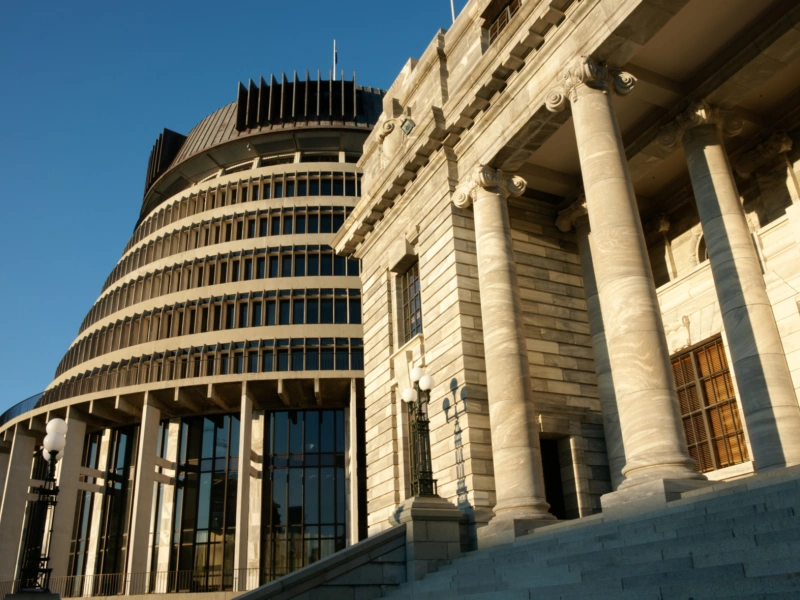We know the harmful effects of gambling, and we’re here to help.
No matter where you are on your journey to recovery or how you are affected by gambling, we provide free counselling, advice and support.
No matter where you are on your journey, we can help.

Our experienced practitioners and peer support staff are here to guide you every step of the way. With their support, what might seem like small steps can turn into leaps and bounds. They will help you to develop the skills and tools you need to reach your goals, and the best part is, it's free. We know that support is key so you're welcome to bring whānau or a support person to your appointment.

We offer an array of services
-
Counselling
The first appointment is usually between 1 to 1 ½ hours. At this appointment you and your counsellor will talk confidentially and find out how you can best work together. -
Peer & Cultural Support
We have friendly support workers as part of our team who are dedicated to making your journey as easy and as comfortable as possible. -
Public Health
We have a dedicated health promotion team who work in the community to raise awareness of gambling harm. -
Professional referrals
Please use this form if you are a GP or professional and wish to refer a person to PGF Services.
Looking for direct face-to-face support?

We have 18 clinics nationwide - find your nearest clinic that all offer professional, safe face-to-face counselling.
We are dedicated to the prevention and reduction of the harms caused by gambling in Aotearoa. We get there with innovation, integrity, and the mana of our people.






The latest from our blog
-
 Articles & blog posts
Articles & blog postsJack in the Loot Box- Gambling mechanisms in online gaming
Published 7 November, 2025 -
 Articles & blog posts
Articles & blog postsWhen the Odds Are Against You
Published 7 November, 2025 -
 Articles & blog posts
Articles & blog postsToying with chance
Published 7 October, 2025 -
 Submission
SubmissionOnline Casino Gambling Bill
Published 4 September, 2025









